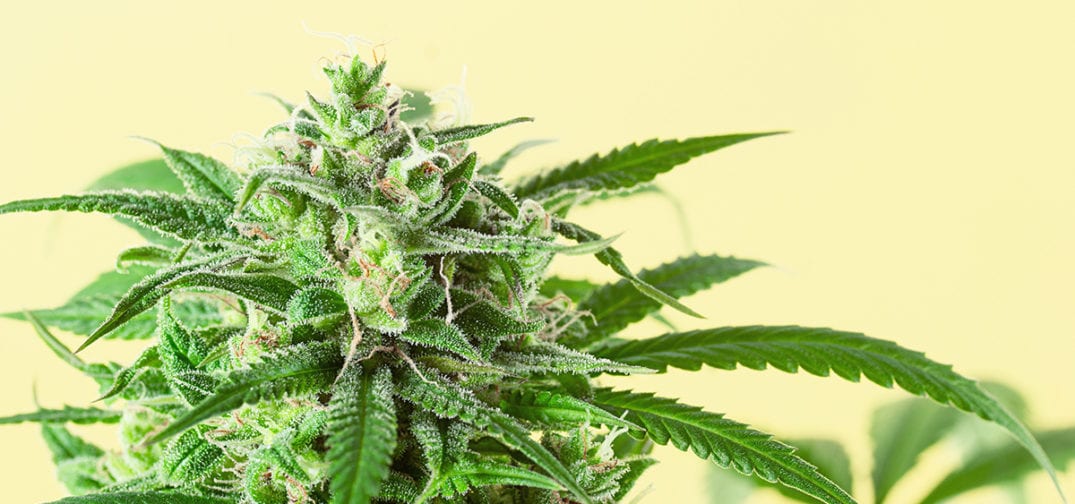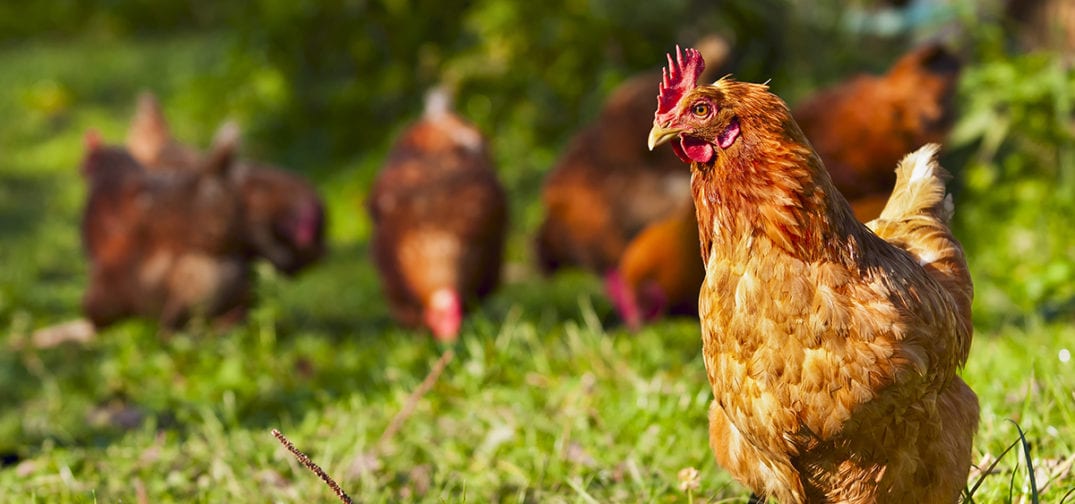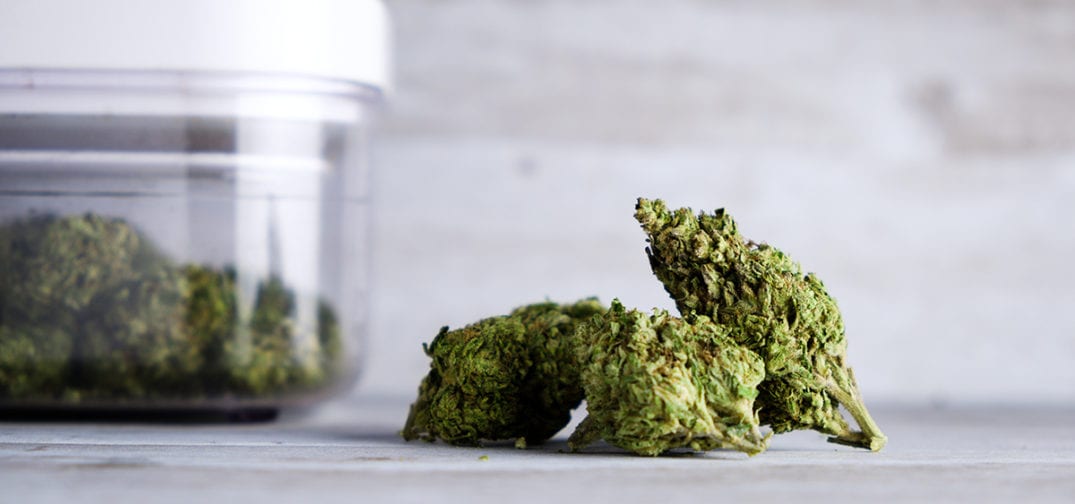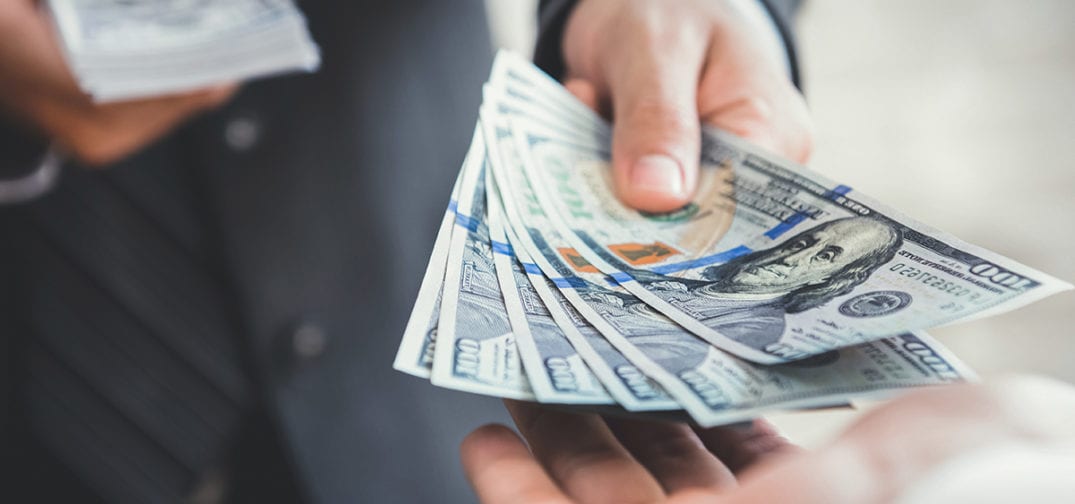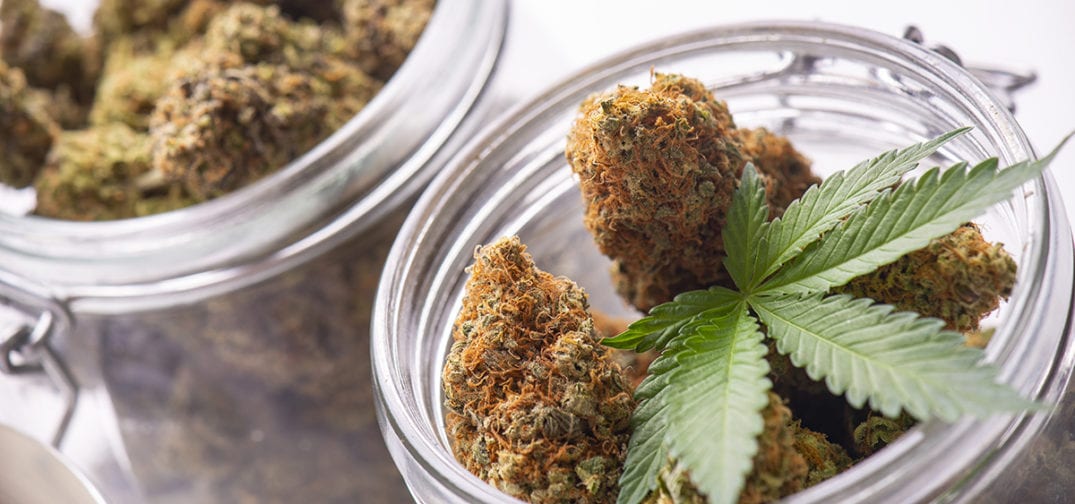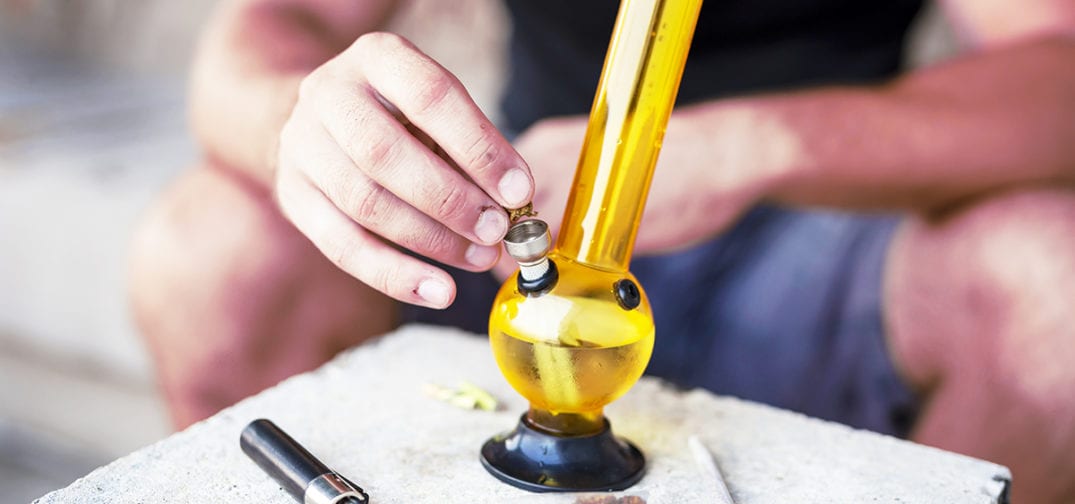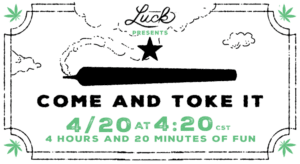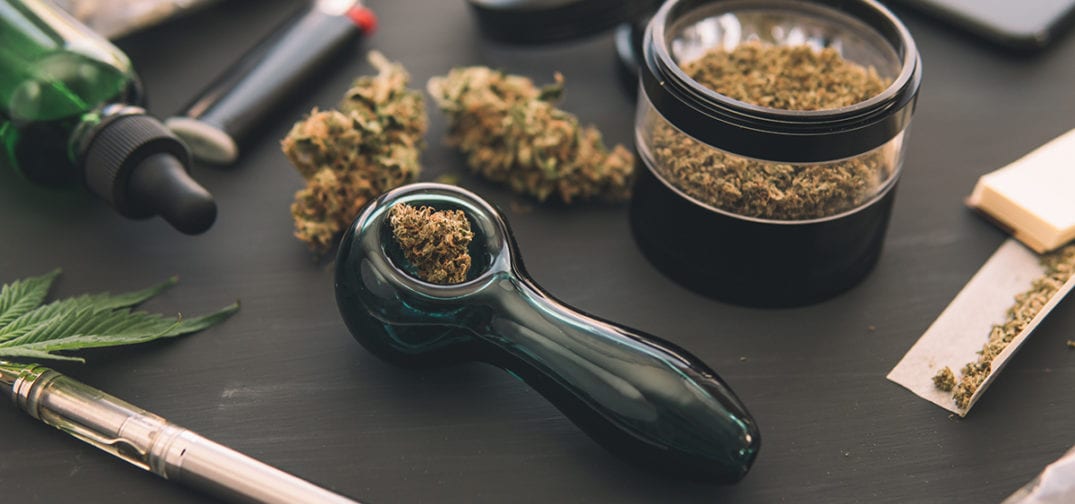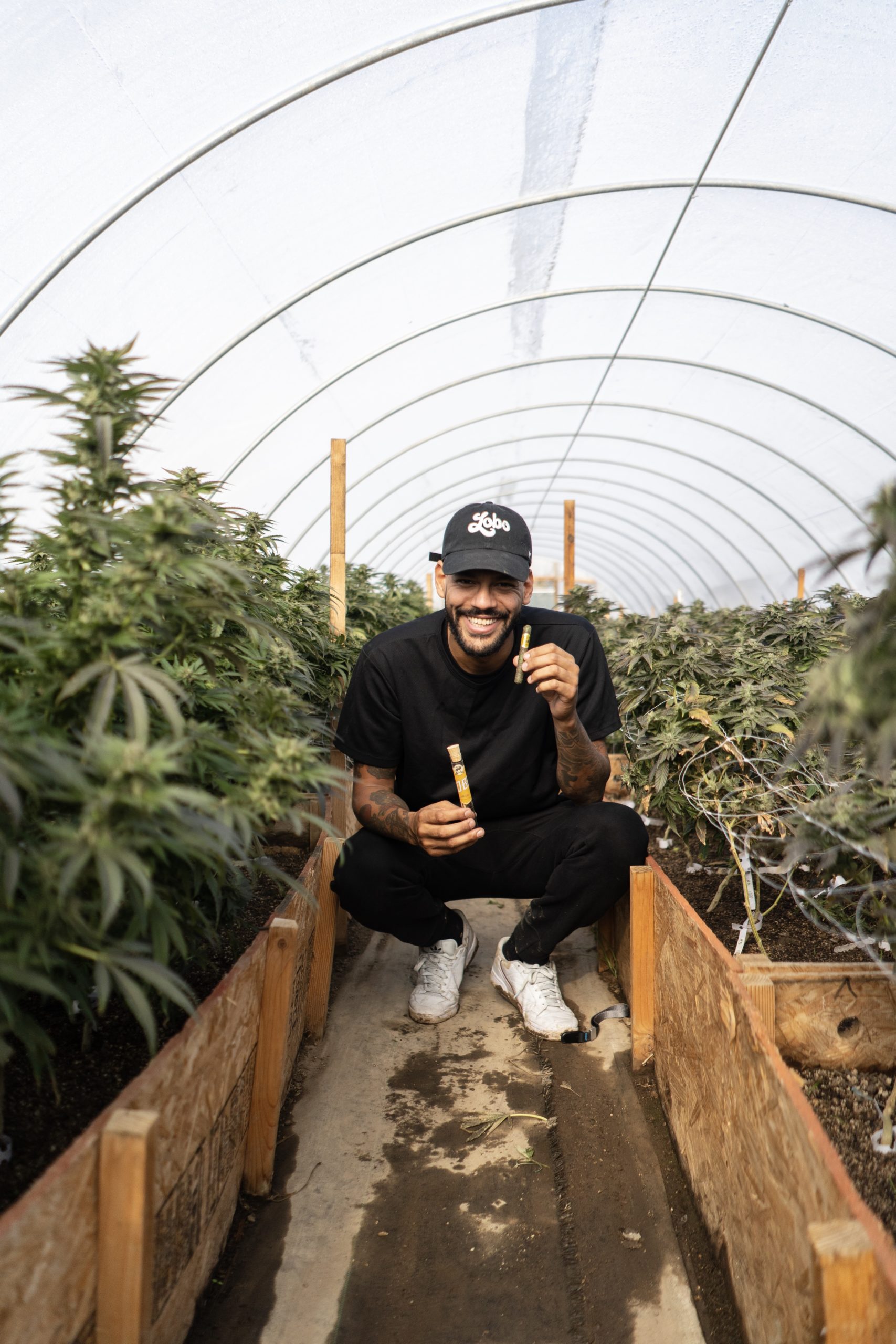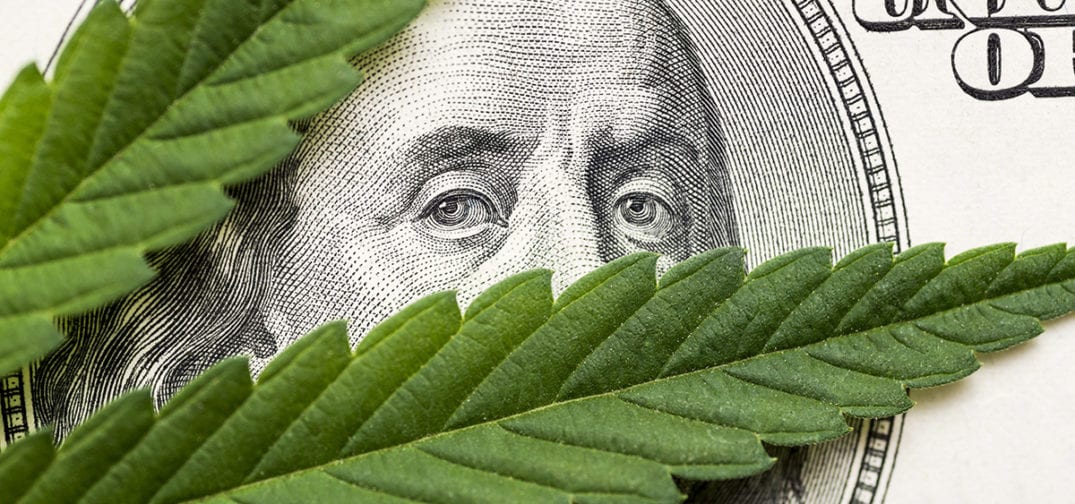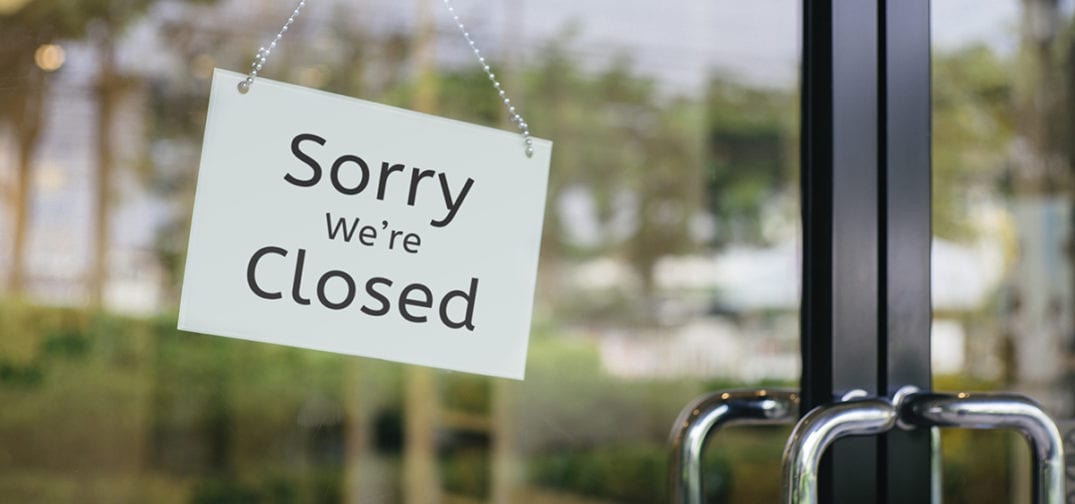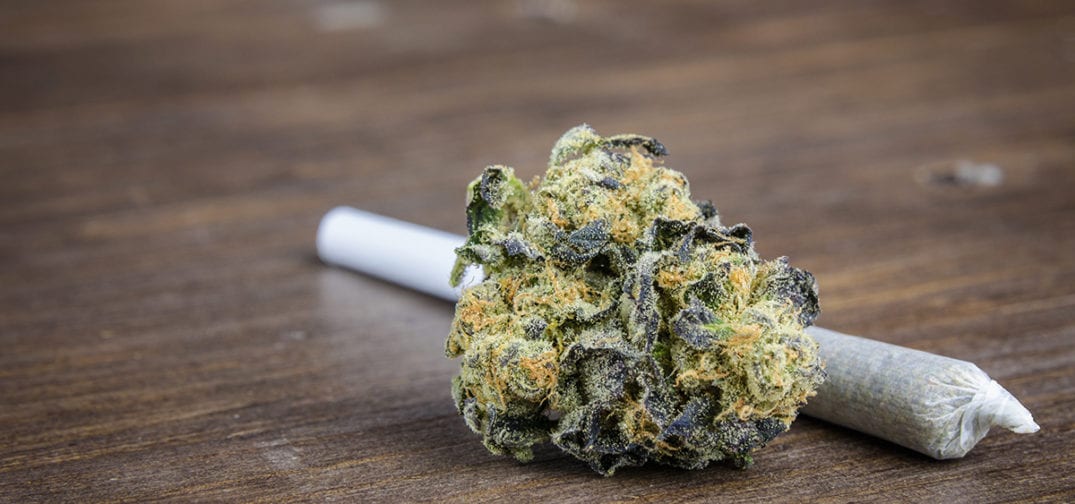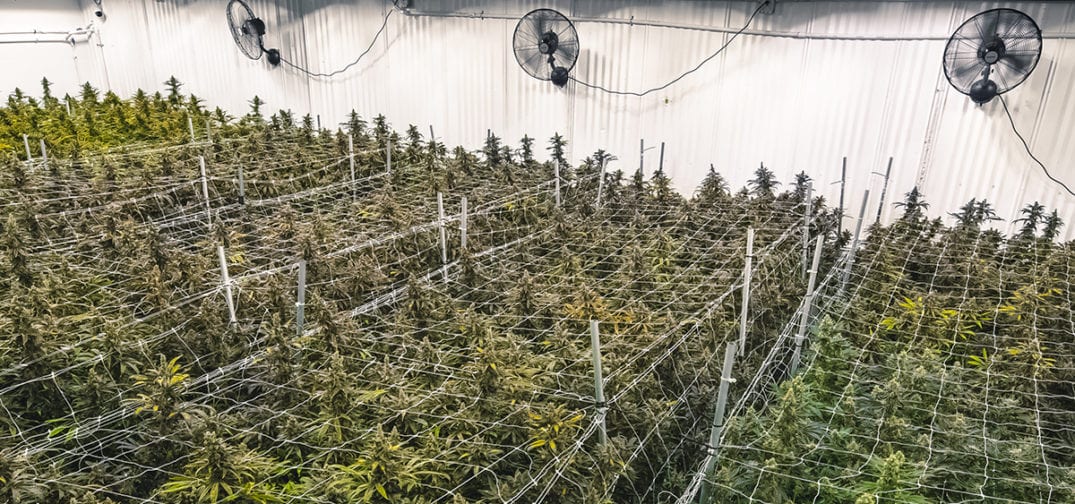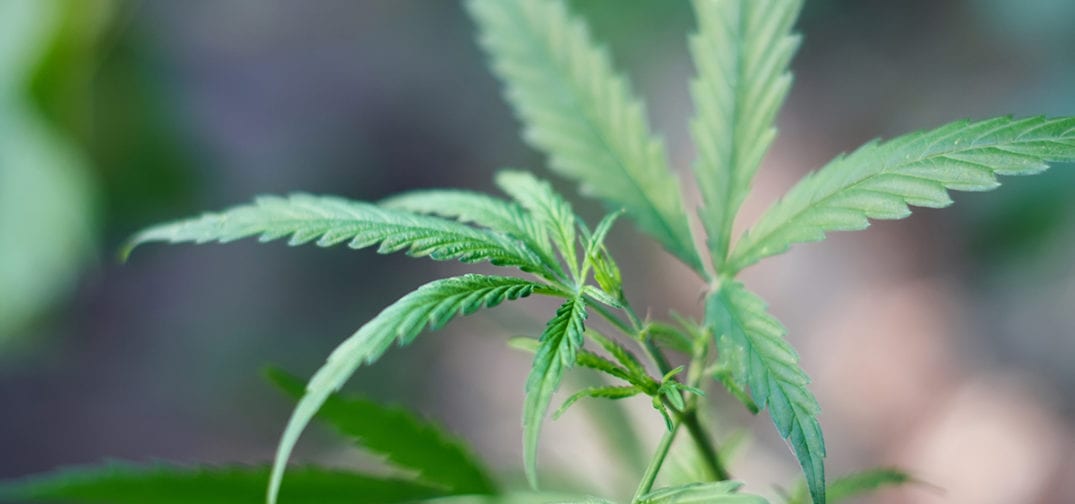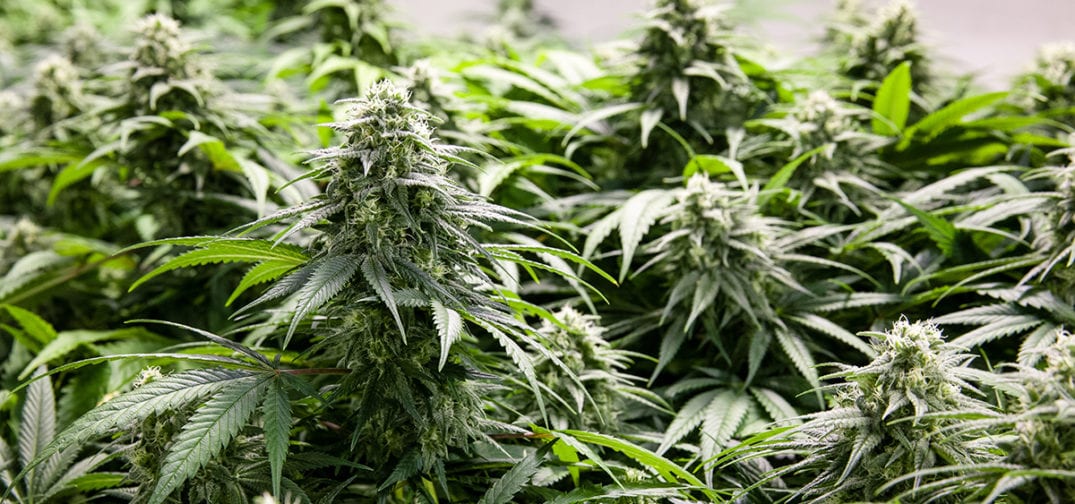In celebrating 4/20 this month, we are highlighting heroes of the cannabis movement in a series of profile pieces; so far, we have discussed Dennis Peron, Baba Dam Rass, and Brownie Mary Rathbun.
Bob Marley is a household name and, despite his original claim to fame, he has become more than just a legendary musician — he is simply a legend. He grew up in Trench Town, Jamaica and eventually his music spread throughout the world. In his life’s journey, Marley became entwined with Rastafarianism and as such, ritual cannabis use.
While posters of his face have become a prominent piece of cannabis’s party culture, however, Marley’s cannabis use was spiritual. For Bob Marley, using ganja was a way to connect to Jah, not just a way to socialize with friends.
Life in Jamaica
Bob Marley was born February 9, 1945 in Nine Mile, Saint Ann Parish, Jamaica to Cedella Malcolm and Norval Marley. Norval Marley was a white man originally from Sussex who was managing a plantation. After his birth, Bob rarely saw his father but Marley did support Bob and Cedella financially. Norval died of a heart attack when Bob was just 10 years old; Norval was 70.
At this same time, the Rastafarian movement, started in 1931 and influenced by Ethiopianism and promoting Pan-Africanism, was becoming increasingly prominent on the island as Rastafarians were being persecuted by Jamaican police. Rastafarians use cannabis as a religious sacrament, and police used possession as an entrance to beating, kidnapping, and even shaving the heads of religious practitioners that they came across.
After years of this persecution, violent eruptions and riots ensued. When shopkeepers were beaten for their Rastafarian beliefs, the neighbors revolted against the law. By 1960, Rastafari reverend Claudius was accused of writing to Fidel Castro and plotting a revolution. After much violence and attacks from both sides, Reynold Henry, son of Rev Claudius Henry, Al Thomas; William Jeter; and Howard Rollins, all United States nationals and members of the US Marines, were taken into custody for treason. This would be Jamaica’s first Treason/ Felony case since the law was made in 1869, the men were executed. After this event, Rastafari were randomly arrested and hassled by government officials, which led to unrest throughout the community.
Early music
During this period, Marley took notice of the fast, horn-driven ska movement that was also prominent in Jamaica at the time. While attending Stepney Primary and Junior High School, Marley met Neville Livingston, soon to be known as Bunny Wailer, and the two began playing music together. Marley’s mother and Livingston’s father began dating at some point during their friendship — the pair were eventually married and had a daughter together. This put Bob and Bunny under one roof, where their musical exploration gained new traction. They formed Bob Marley & The Wailers in 1963 with Peter Tosh, Junior Braithwaite, Beverly Kelso, and Cherry Smith, going by a couple of names before settling on the Wailers. By the time they really started developing their sound, they had shrunk back to a trio of Bob Marley, Bunny Wailer, and Peter Tosh.
At the same time that they formed their band, political & religious tensions in Jamaica were palpable and on the weekend of Good Friday a skirmish between Rastafarians and the police became so violent that it became known as the Coral Gardens Atrocities. Following the event, the Rastafarians who were involved were hunted down, tortured, and often killed by police. Rastafarians all over Jamaica were also rounded up to be murdered after this charged altercation. It was in the heat of these moments sometime in the 1960s, after his wife Rita began growing her dreads and praising Jah, that Bob Marley converted from Christianity to Rastafarianism and began growing his dreadlocks.
Reggae for peace
Jamaican artists eventually slowed down traditional ska into rock steady, a genre the Wailers explored until 1969 when a new sound hit Trenchtown. Reggae infused New Orleans Jazz and R&B into the tempo and passion of Rock Steady. The genre was ushered into existence by the Wailers along with Toots and the Maytals, the Skatalites, and other prominent artists. They adopted the rhythm-based sound and closed the door on their past with the release of The Best of the Wailers in 1971. Together the trio released songs like Trench Town Rock, Stir It Up, and Get Up but after only three years the Wailers broke up to pursue solo careers.
Many believe that the involvement of lawyer Chris Blackwell in the management of the Wailers drove a wedge between the band’s members. Their time touring as a group had garnered international success, however, and each went on to record their own great music.
Marley continued to tour as Bob Marley & the Wailers with a huge band backing him including his wife Rita on back up vocals. Before long, the single “No Woman, No Cry” broke through into international markets followed by the album Rastaman Vibration in 1976. The fame helped Marley promote his ideals of peace and love, which is why he agreed to perform a free concert organized by the Jamaican government to ease tension between warring political groups. But two days before the event, an unidentified gunman attacked Marley, his wife, and his manager; all but Marley sustained serious injuries but fully recovered.
Though sustaining minor injuries to his arm and chest, Marley went on to perform at the rally and is quoted as saying, “The people who are trying to make this world worse aren’t taking a day off. How can I?”
Music to unite Jamaica
A few weeks later, Marley left Jamaica and moved to London, spending two years in self-imposed exile. During these years he wrote Exodus and then Kaya. He was also arrested and convicted of cannabis possession in 1977 and was ordered to pay a €50 fine. Later that year, the performer was told by doctors that he had a malignant melanoma in his toe caused by cancer. Though the doctors’ opinion was that he should amputate to limit the spread of the disease, Marley declined, citing his religious beliefs. Perhaps it was this news that reminded him his heart was in Jamaica even through the political unrest and violence, and he returned to play another political concert in 1978.
The One Love Peace concert came at a time when Jamaican Prime Minister Michael Manley was violently opposed by conservative candidate Edward Seaga. Fourteen of the biggest reggae acts performed for two opposing parties in hopes of putting out the political fires wreaking violence throughout the country. Marley only went on stage under the agreement that Manley and Seaga would shake hands on stage in front of the 32,000 people. Everyone involved in the concert had good intentions, but it didn’t halt the violence. In fact, both concert organizers were assassinated within just two years of the event.
Ganja for peace
This event was unsuccessful but it was just one sprout in the garden of Marley’s contributions of peace and love into the world. His cancer continued to spread and reached his brain in September 1980 and his health deteriorated. He sought treatment at an alternative center in Germany and for 8 months worked with changing certain foods and substances but nothing they tried could keep the disease at bay. Again, Marley found himself on a sojourn home to Jamaica, but this time it was to say goodbye. But he never made it back — by the time the plane reached Miami, his lungs had begun to fail and he was rushed to the hospital, his last words to his son Ziggy were, “Money can’t buy life.”
In this brief outline of Bob Marley’s rich life story of activism, artistry, and love, there was little mention of cannabis, but it was there all along. That is because what many college freshmen don’t realize is that Bob Marley wasn’t a recreational cannabis user — for Marley, ganja was a religious rite. The music that he created and the mindset that propelled him to play music and promote peace were, to him, gifts from Jah.
Marley was ultimately an advocate for legalizing the plant and fellow Wailer Peter Tosh even blessed us with the classic anti-prohibition activist anthem “Legalize It,” which is played in dispensaries around the world today. So the next time you spark a joint — whether you are planning to meditate, jam out with your band, or something else entirely — spend a contemplative moment in gratitude for the plant, in honor of Robert Nesta Marley.


